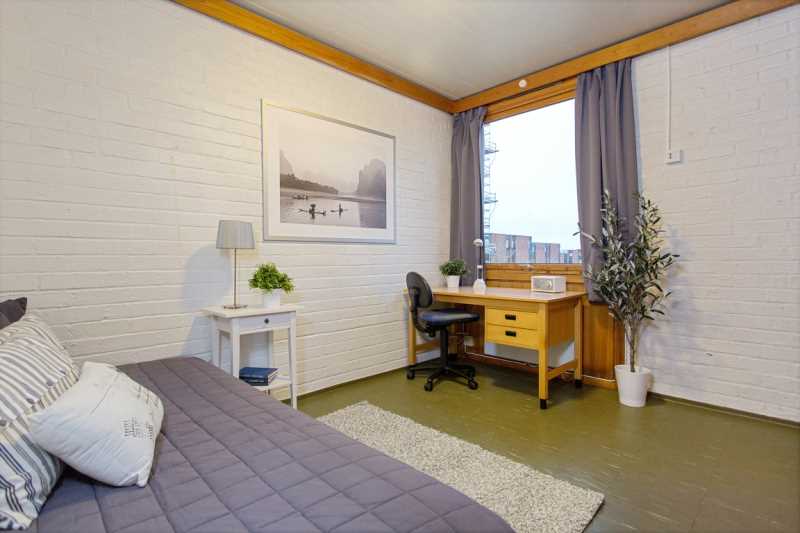Studying, Cost of Living and Finding a Job in Norway
If you want to study in Norway, you need to know the cost of living and how to find a job as an international student. Even if you are seeking admission into the Tuition-free Universities in Norway, you still need to take care of living expenses. You should take into consideration that living expenses in Norway are higher than in many other countries
Norwegian universities and state university colleges as a rule do not charge tuition fees for international students. However, students will need to pay a semester fee of NOK 300-600 ($50-100) each semester.
This is applicable for all levels, including undergraduate studies, Masters programmes and Ph.D. programmes. Note that some state universities and university colleges may have tuition fees for a few specialized programmes. Typically these programmes are at the Masters level.
Most private institutions have tuition fees for all their programmes and courses. But the fees are usually significantly lower than those of comparable studies in most other countries. Also, foreign students don’t pay higher tuition fees than Norwegian students.
Cost of Living in Norway as International Student
Applicants who are not EU/EEA citizens (international students) must provide documentation of financing their studies. It is a requirement that the applicant has assured subsistence. For the study year 2017-2018 this corresponds to NOK 111,657.
The basic support is NOK 53,170 for the autumn semester 2017 and 58,487 for the spring semester 2018. These add up to 11,787.11 Euros and 13,147.72 US Dollars. This is way more expensive than that obtainable in Germany (about 9,000 Euros).
The following are the things you are likely to spend money on in Norway.
TUITION: Even though they don’t charge tuition, all students are required to pay a semester fee. For example, at the Arctic University of Norway, the fee is NOK 550 per semester. The payment of this semester fee will allow you to register for classes, sit examinations, access student counselling, gain membership in student organisations and receive a student card. The latter entitles you to reduced fares on public transport and reduced ticket prices to various cultural events, etc.
ACCOMMODATION: Cost of housing can vary from one region to another and depending on the type of apartment you decide to rent.
TRANSPORTATION: Public transportation is quite expensive. Depending on your location in Norway, a taxi fare from the airport to your student housing can vary from NOK 300 to 400 (35.36 to 47.15 USD) depending on distance. A single bus ticket costs NOK 50 on the bus if you pay cash. More information on this will be provided to you during orientation.
FOOD: Food is expensive in Norway, but a well-thought shopping list and an eye on daily special offers in supermarkets can save you a lot. You should estimate to spend at least NOK 2000-3000 per month on food. Cigarettes and alcohol are very expensive in Norway because of specific taxes. Restaurants should be carefully chosen. The prices vary a great deal.
HOUSEHOLD ITEMS: You should budget a minimum of NOK 800 to purchase necessary bedding and kitchen supplies. Please note that the International Students’ Union will run a second-hand market on some Campuses, where you may find some of the things you need. You may also find that former tenants have left behind useful utensils.
Getting a Job & Working in Norway as International Student
Norwegian language or another Scandinavian language is often a prerequisite for obtaining a job in Norway. However, some positions – e.g. in the hotel and restaurant industry, accept English as language skills. Hence, you have to learn the Norwegian language to get job easily.
Even if you understand only English, you should learn some basic Norwegian that makes it easy to get even household jobs like babysitting, dog-walking, snow-shoveling, etc.
As a EU-citizen you don’t need work-permit. You can stay and work in Norway as much as you want. However, if you from outside EU, you need a tax card and work permit. You will learn how to apply for these things when you get to Norway.
International Students from Non-EU/EEA Countries can work 20 hours per week.

